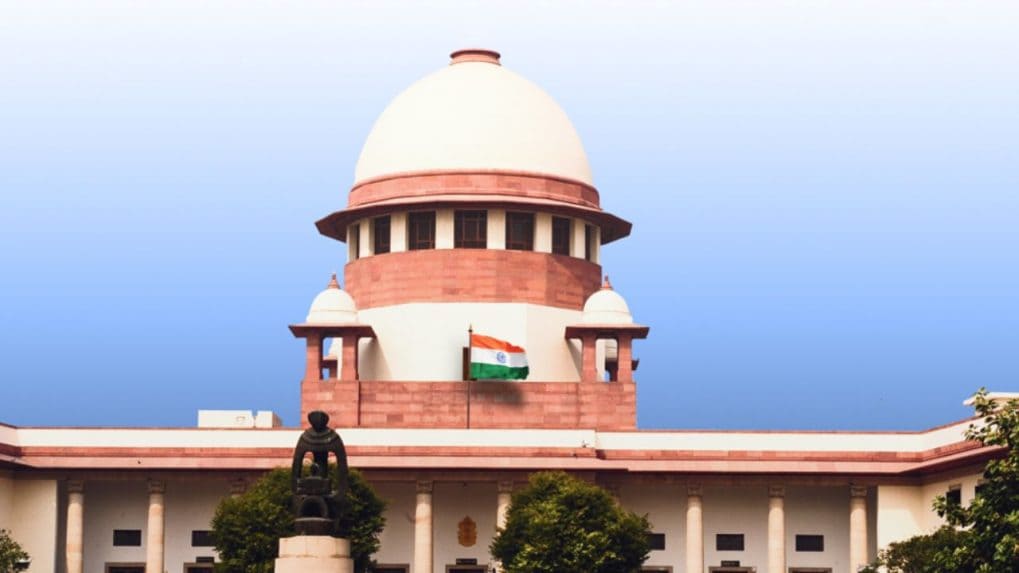Breaking: EPWA challenges Madras HC ruling on TNOGA regulations in SC
A division bench of Justices S.M. Subramaniam and K. Rajasekar had ruled in favor of the Tamil Nadu government, dismissing petitions by leading gaming firms such as Head Digital Works (operator of A23), Games24x7, and Junglee Games.
ADVERTISEMENT
The Esports Players Welfare Association (EPWA) has approached the Supreme Court to challenge the Madras High Court's decision upholding the Tamil Nadu government’s online real money gaming regulations. The move comes after the High Court, in June, dismissed a series of writ petitions filed by major online gaming companies, effectively validating Tamil Nadu’s stringent stance on online gambling.
The Special Leave Petition by the esports players body was filed on Tuesday evening in the Supreme Court.
A division bench of Justices S.M. Subramaniam and K. Rajasekar had ruled in favor of the Tamil Nadu government, dismissing petitions by leading gaming firms such as Head Digital Works (operator of A23), Games24x7, and Junglee Games. These companies had contested the Tamil Nadu Online Gaming Authority (Real Money Games) Regulations, 2025, and the provisions of the Tamil Nadu Prohibition of Online Gambling and Regulation of Online Games Act, 2022.
The High Court maintained that the state has the constitutional authority to legislate on matters concerning public health, invoking Entry 6 and Entry 26 of List II (State List) in the Seventh Schedule of the Indian Constitution. According to the bench, this authority extends to regulating online real money games as a measure to protect citizens, particularly youth, from gambling-related harm.
However, EPWA, represented by Senior Advocate Aryama Sundaram, has argued that the Tamil Nadu government has overstepped its jurisdiction. Sundaram maintained that legislative control over online gaming, which is inherently linked to digital communication and technology, falls exclusively under the purview of the central government, as provided by Entry 31 of List I (Union List). This entry grants the Centre legislative power over telecommunications, internet services, and other digital domains.
Sundaram also asserted that the Centre’s legislative authority is not diminished by its current inaction regarding the formation of Self-Regulatory Bodies (SRBs) under the amended Information Technology (IT) Rules. The absence of implementation, he argued, does not negate the Centre's exclusive right to regulate online gaming.
Addressing the broader debate on the classification of games, Sundaram challenged the perception that poker is a game of chance. He pointed to two prior rulings by the Madras High Court which recognized poker as a skill-based game — a key distinction that could exempt it from gambling bans.
Industry stakeholders had raised alarm over the far-reaching consequences. Vikram Lungi, a Professional Poker player and TN Lead, EPWA had said, “This verdict directly impacts our ability to earn and compete. Real money gaming is not just a hobby for us it’s our livelihood. There are thousands of us whose careers depend on fair and open access.”
Lungi had further said, “We hope that there’s no domino effect where other states bring in similar restrictions without understanding the realities of professional gaming. What starts in Tamil Nadu could slowly cut off players across India from opportunities we’ve worked years to build.”

